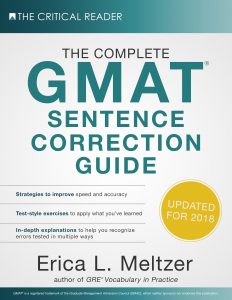When Ellen Sirleaf Johnson delivered her high school graduation speech in 1972, she initiated a political career that will eventually span more than four decades, to make her one of the most powerful women in Africa.
(A) 1972, she initiated a political career that will eventually span more than four decades, to make
(B) 1972, she initiated a political career that will eventually span more than four decades and making
(C) 1972, initiating a political career that will eventually span more than four decades and make
(D) 1972, she initiated a political career that would eventually span more than four decades, making
(E) 1972, and she initiated a political career that would eventually span more than four decades and make
Scroll down for the answer.
Answer: D
Verb Tense, Sentence vs. Fragment
As a general rule, a sentence that describes events only in the past (1972) should not include verbs in the future (will…span). An event that, from the perspective of the past, has not yet occurred, should be indicated with would + verb. Thus, the sentence should read …she initiated a political career that would eventually span four decades. That eliminates (A)-(C). (E) is also incorrect because two consecutive clauses should not both begin with conjunctions. The first clause begins with when, so the following clause should not begin with and. (D) is correct because this option appropriately pairs the past tense with would + verb and removes the unnecessary conjunction at the start of the underlined portion.
